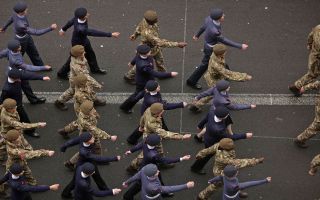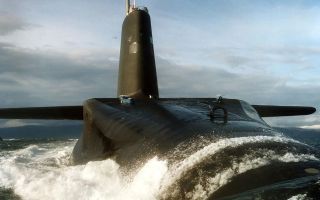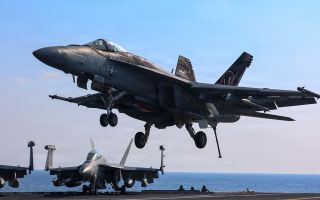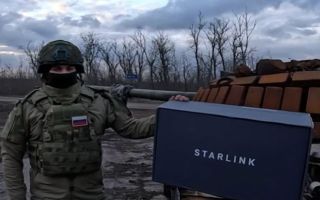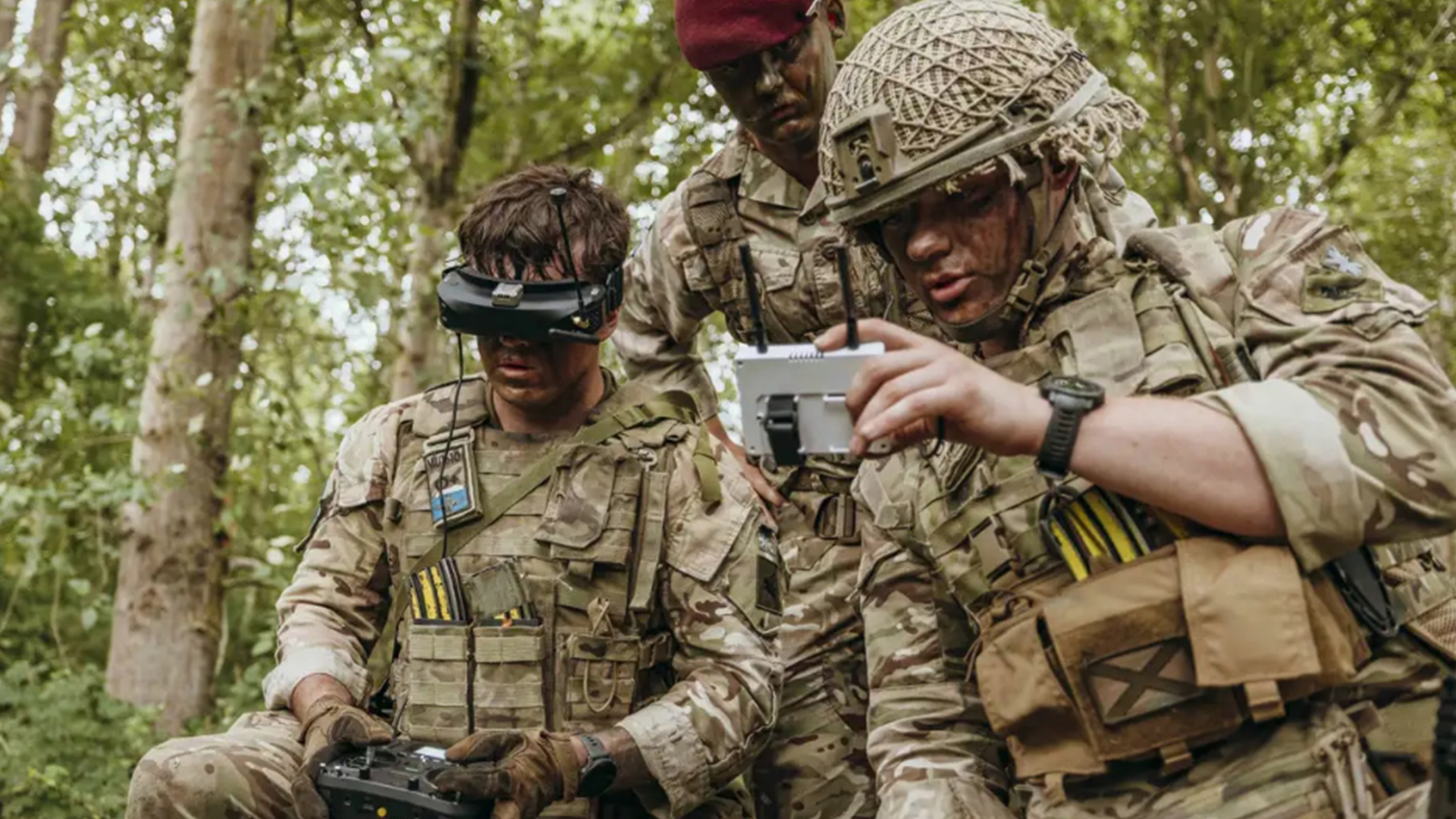
Fly to fight: Soldiers go on the offensive with attack drones for the first time

Troops who are already trained to fly first-person drones have now taken the next step – being taught how to fight with them for the first time.
Soldiers from 2nd Battalion The Parachute Regiment ran a three-week workshop at Bramley Training Area in Hampshire.
The trainees were taught to fly strike missions while avoiding being targeted by enemy uncrewed aerial systems (UAS) and electronic warfare capabilities.
The training, which was split between classroom lessons, flight simulators and training in the field, was delivered by 2 Para's UAS Platoon, the first to be set up in the Army.
The instructors trained at the Army's UAS Centre at Lulworth as OWA (one-way attack drone) team commanders and were cascading their skills to qualify soldiers from across 1st (UK) Division as OWA operators.
Colour Sergeant Danny Wade, the commander of 2 Para's UAS Platoon, led the training.
"We're teaching soldiers from the ground up how to configure and fly FPV (first-person view) UAS and then how to fight with them, working as a team alongside reconnaissance drones to find and strike targets," he said.
"It's very different training and FPV flying is a hard skill to learn, but everyone has put the effort in and progressed well.
"The entry point is for a soldier to have 30 flying hours on a simulator, and, across the three weeks, they'll have logged another 100 hours both on the simulator and flying.
"The ability to fly accurately is more important than speed, because we want to be able to hit exact points on a target to maximise the damage."
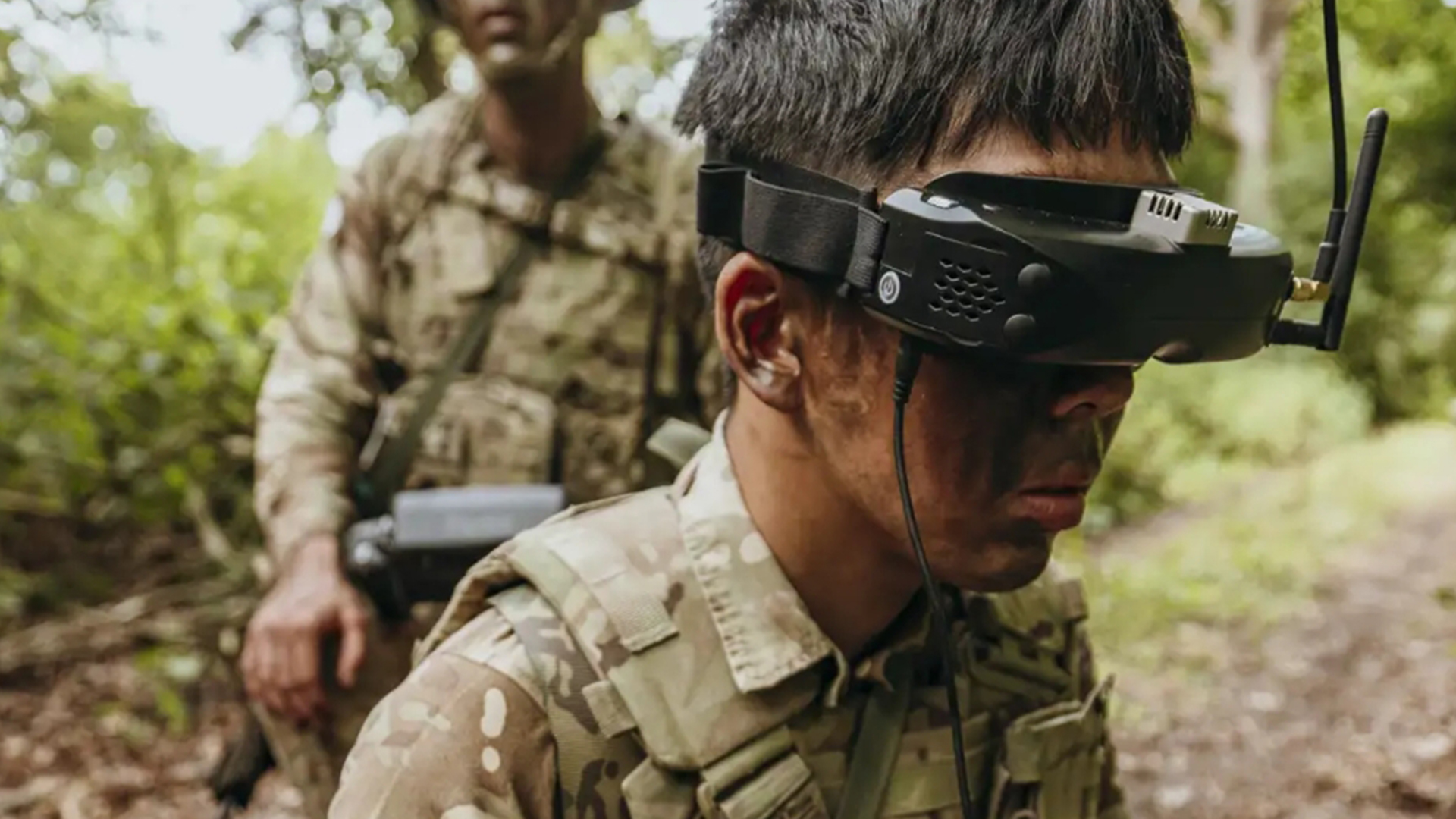
One trainee on the course was Kingsman Kaidyn Hilton, of 1st Battalion The Duke of Lancaster's Regiment, who said his unit had been using drones for reconnaissance assets for some time, but OWA was "something new".
"FPV drones are hard to fly because you are fully in control of it, whereas a normal drone is basically on autopilot and you're directing it where to go," he said.
"It can be disorientating because when you've got the goggles on, you need to really concentrate on flying, and you're getting told information about the tactical situation by someone who is outside the bubble that you are in.
"There's a dose of adrenaline, because you know you've got control of a weapon that can hit bigger targets more quickly than the infantry used to be able to do.
"This is where warfare is going, and it is interesting to be part of it.
"The skills I've learnt are very different to what you would expect an infantry soldier to do."
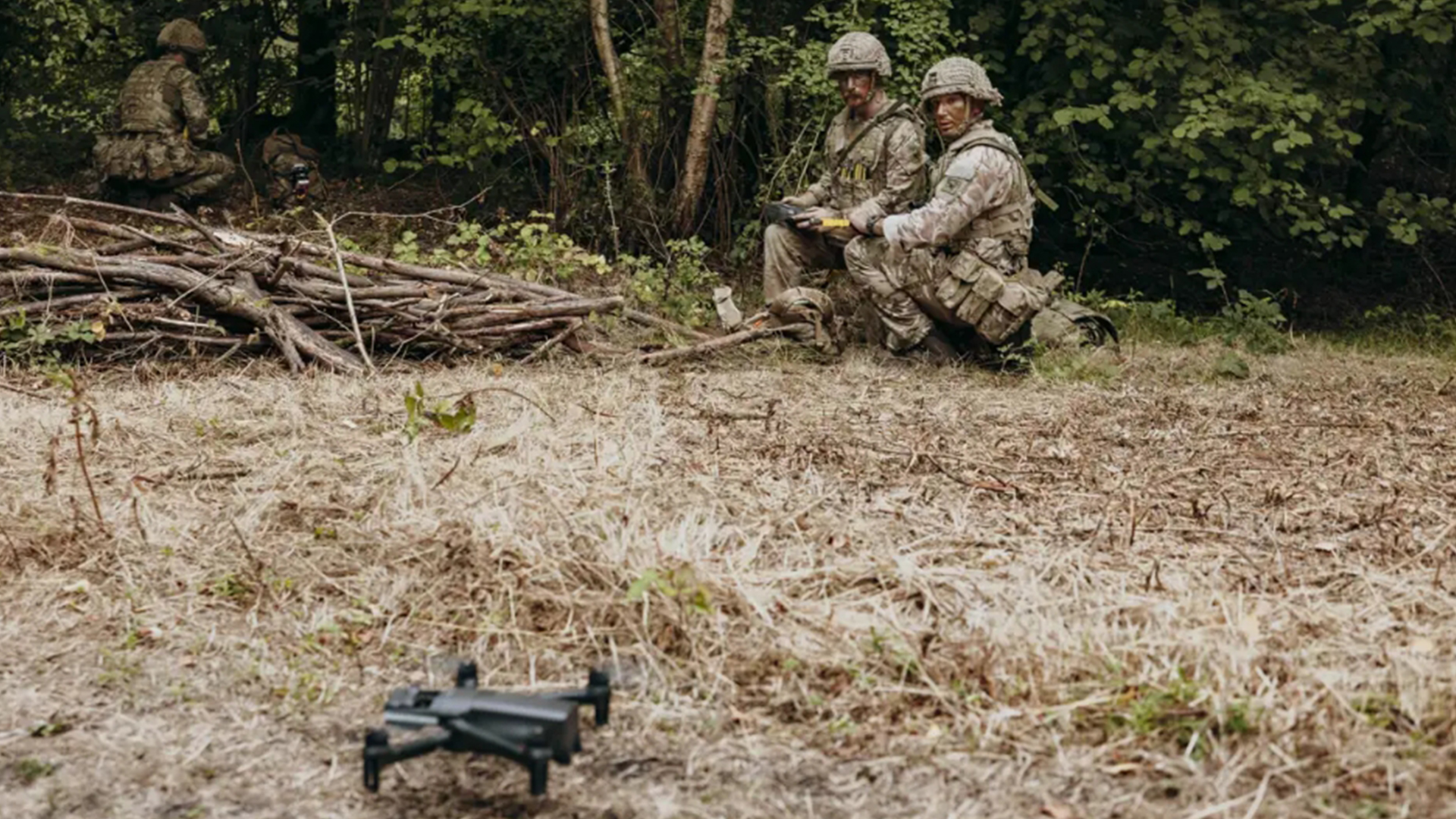
2 Para's UAS Platoon, which was formed in late 2024, has taken part in exercises as both friendly and enemy forces to get the battalion thinking about operating with and against drones.
The use of drones was a key part of the Government's Strategic Defence Review.
Speaking at the time, Defence Secretary John Healey said: "Our adversaries are working more in alliance with one another, while technology is changing how war is fought.
"Drones now kill more people than traditional artillery in the war in Ukraine, and whoever gets new technology into the hands of their armed forces the quickest will win."

